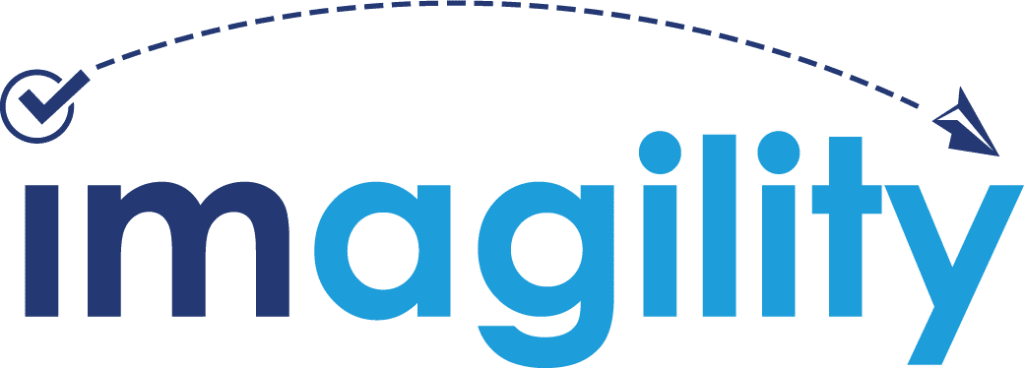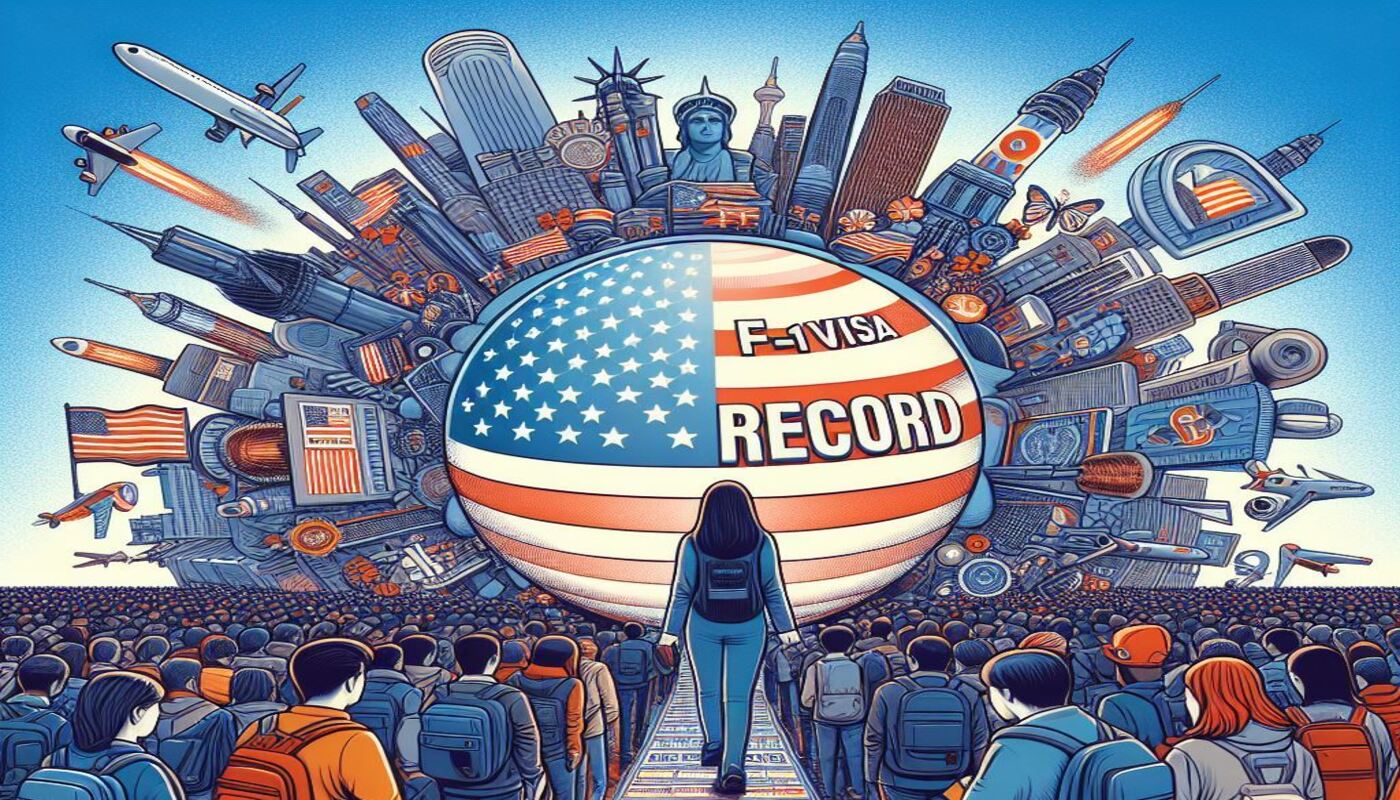The United States has taken a significant step in regulating artificial intelligence (AI) while expressing its intent to facilitate faster and easier immigration for AI professionals. The ‘landmark Executive Order’ issued by the White House aims to address the risks associated with AI, emphasizing the need to seize opportunities and manage potential challenges.
The executive order establishes new guidelines to safeguard citizens’ privacy and attract global AI talent. It seeks to leverage existing authorities to enhance the ability of highly skilled immigrants and non-immigrants with AI expertise to study, work, and stay in the United States. This involves modernizing and streamlining visa criteria, interviews, and reviews.
The impact of the executive order on immigration is expected to benefit Indian IT professionals in the U.S., potentially leading to expedited processes for visas such as H1B, O-1, F1, and Green cards in AI fields. Changes in EB1-B and EB2 criteria are anticipated to prioritize workers in the AI sector.
Anil Gupta, a U.S. immigration expert, suggests that while the executive order may not directly result in additional green cards or country-specific benefits, reforms in EB1 and EB2 categories are possible. He speculates on the creation of a relaxed category within EB1-B for individuals working in the AI field.
Key takeaways for AI professionals in terms of immigration impact include the analysis, creation, and publication of policies facilitating the stay and conversion to green card status for foreign nationals in the AI field. The order also encourages new programs to identify and attract top AI talent from global institutions and the private sector.
To streamline immigration for AI workers, the executive order calls for the timely availability of visa appointments and the consideration of a domestic visa renewal program. It aims to clarify and modernize immigration pathways for AI experts, including O-1A and EB-1 noncitizens, EB-2 advanced-degree holders, exceptional-ability noncitizens, and startup founders in AI.
Beyond immigration, the executive order urges Congress to pass bipartisan data privacy legislation, combat algorithmic discrimination, and provide guidelines to prevent AI-induced discrimination in housing, federal benefits, and federal contracts. It emphasizes the advancement of equity and civil rights and seeks to balance AI’s promise of productivity with potential challenges like job displacement and workplace surveillance. The overarching goal is to catalyze AI research and maintain America’s leading position in AI innovation through a fair, open, and competitive ecosystem.
Source: Hindustan Times
















